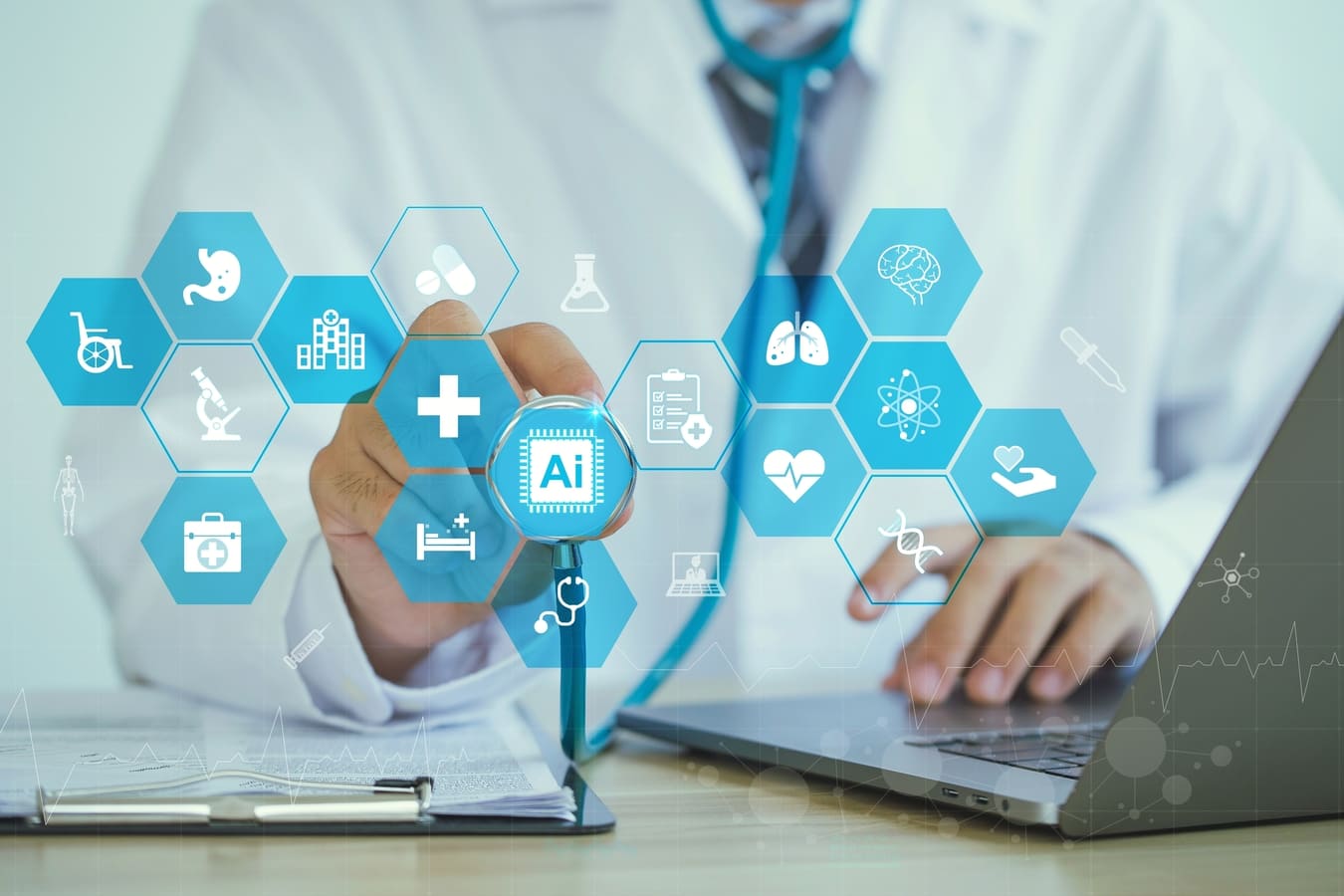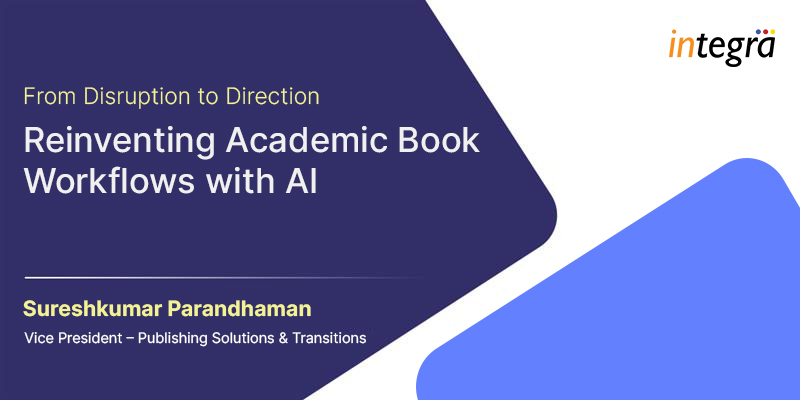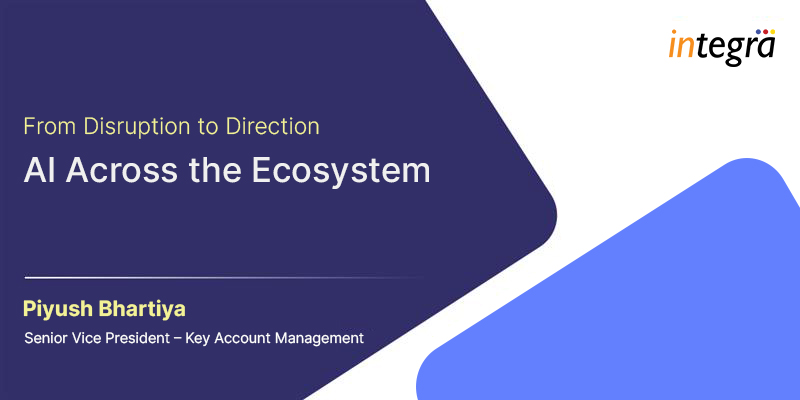The Future of Patient Care: How Generative AI is Transforming Healthcare Communications

The healthcare industry stands at the precipice of a transformative era. The landscape of healthcare is on the cusp of a revolution, powered by the advancements in generative AI. This transformation promises to reshape the way we think about patient care, particularly in the realm of healthcare communications. Generative AI, a powerful branch of artificial intelligence capable of creating entirely new content, is poised to revolutionize the way patients and providers interact. Gen AI helps unlock a piece of the unrealized $1 trillion of improvement potential present in the industry. This blog delves into the potential of generative AI to enhance patient care, improve accessibility, and usher in a future of personalized medicine.
The current healthcare communication system suffers from significant limitations. Time constraints often plague patient-provider interactions, leading to fragmented exchanges and incomplete information sharing. This can result in misunderstandings, frustration, and ultimately, suboptimal care. Furthermore, language barriers and accessibility issues can further impede communication, particularly for vulnerable populations and individuals with disabilities. Generative AI offers a powerful solution to these roadblocks, fostering a more streamlined and effective dialogue between patients and providers.
Transforming Patient-Provider Interactions
The advent of AI-powered solutions is enhancing the direct communication between patients and healthcare providers. AI chatbots, for instance, can get access to medical literature and data, schedule appointments, and fielding basic health inquiries. This frees up valuable time for doctors to delve deeper into complex patient concerns, conduct thorough examinations, and provide personalized guidance. Additionally, AI can analyze a patient’s medical history, lab results, and lifestyle data to generate concise, personalized health summaries. These summaries can empower patients to participate actively in their care plans, ask informed questions, and collaborate effectively with their doctors to achieve optimal health outcomes.
Personalized Care Through AI-Driven Insights
Generative AI’s true power lies in its ability to analyze vast amounts of patient data. This data encompasses a patient’s medical history, demographics, genetic makeup, and even lifestyle choices. By leveraging advanced natural language processing (NLP) techniques, AI can glean valuable insights from this data. This allows for the tailoring of health communications and interventions to individual needs and risk profiles. AI can even translate complex medical jargon into easily digestible language, ensuring patients have a clear understanding of their diagnoses and treatment options.
AI Bridges the Gap: Accessibility and Language
Generative AI transcends communication limitations by overcoming language and accessibility barriers in healthcare. Imagine a world where AI-powered translation tools facilitate seamless communication between patients and providers who speak different languages. This would not only enhance the patient experience but also ensure critical medical information is accurately conveyed and understood. Furthermore, AI can generate real-time transcripts of doctor-patient consultations, providing invaluable accessibility tools for patients with hearing impairments. This fosters a more inclusive healthcare environment where all patients can actively participate in their care journey.
Efficiency Through Automation
Generative AI streamlines healthcare operations by automating routine tasks. Imagine a system where AI can schedule appointments based on patient availability and provider schedules, eliminating the need for time-consuming phone calls and back-and-forth emails. AI can also send automated medication reminders and generate personalized follow-up communications, ensuring patients adhere to treatment plans and remain engaged in their healthcare journeys. This frees up valuable resources for healthcare professionals, allowing them to dedicate more time to complex patient care, conduct thorough research, and provide the highest quality care possible.
Ethical Considerations: Data Security and Privacy
The ethical use of AI in healthcare is paramount. Stringent data security measures and robust patient privacy regulations are essential to ensure trust and transparency. As AI adoption progresses, robust regulatory frameworks will be crucial to guide its ethical application. This includes ensuring patient data is anonymized and securely stored, with clear guidelines on data ownership and usage. Open communication and patient education regarding AI use in healthcare will be critical for garnering trust and fostering a patient-centric approach.
The Road Ahead: A Future Powered by AI
The future of healthcare communications is inextricably linked to advancements in generative AI. We can expect AI to become even more sophisticated, potentially generating personalized educational materials for patients based on their specific needs and learning styles. Imagine AI simulating complex patient scenarios for training healthcare professionals, fostering empathy and refining clinical decision-making skills. The potential for AI to offer preliminary diagnoses based on real-time analysis of patient data and medical imaging holds immense promise for early detection and intervention of diseases. The healthcare industry must be proactive in embracing AI innovations, harnessing their potential to improve patient outcomes, create a more patient-centric healthcare ecosystem, and ultimately, unlock a new era of personalized medicine
The integration of generative AI into healthcare communications is not just an innovation; it’s a necessary evolution. By embracing these technologies, the healthcare industry can overcome current limitations and usher in a new era of patient care that is more inclusive, efficient, and personalized than ever before.
As the healthcare industry embraces the future, Generative AI presents a powerful opportunity to revolutionize patient care. By partnering with Advanced Gen AI Services, healthcare providers can unlock the transformative potential of AI and create a more patient-centric, efficient, and ultimately, healthier future for all.
Recent Blogs

Research Integrity vs. Publication Integrity: Clarifying Responsibility in Scholarly Publishing

From Disruption to Direction: Reinventing Academic Book Workflows with AI



